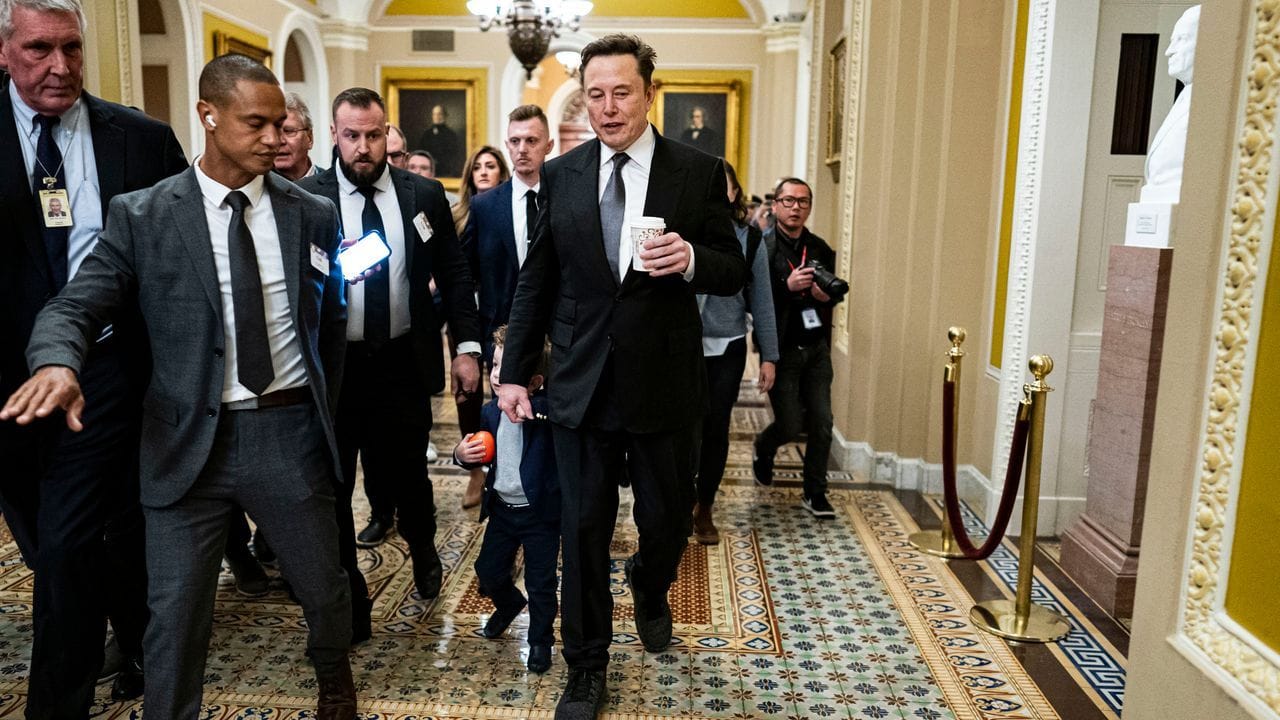Elon Musk Defends H-1B Visas, Sparks Debate on Innovation vs. Job Displacement
Controversy Originates from Musk's Posts on X Amidst Trump's Second Term Plans In a recent flurry of posts on the social media platform X, Elon Musk has reignited a fiery debate on the role of H-1B visas in America's tech landscape. Musk, who himself
Controversy Originates from Musk's Posts on X Amidst Trump's Second Term Plans
In a recent flurry of posts on the social media platform X, Elon Musk has reignited a fiery debate on the role of H-1B visas in America's tech landscape. Musk, who himself came to the U.S. on an H-1B visa, has staunchly defended the program, arguing that it is essential for bringing in the "top ~0.1% of engineering talent" necessary for the country to maintain its edge in innovation, especially in fields like artificial intelligence and space technology.
The controversy escalated as Musk, now co-chair of Donald Trump's newly announced Department of Government Efficiency, clashed with some of Trump's traditional supporters over immigration policies. Musk's advocacy for expanding H-1B visas has led to accusations from MAGA hardliners like Laura Loomer, who see this as a direct opposition to the "America First" doctrine, claiming the visas are used to import cheaper labor, thereby displacing American workers.
Musk has been vocal, stating that the H-1B visa system needs reform but should not be dismantled. He emphasized the importance of merit-based immigration, countering claims of visa abuse by suggesting that the focus should be on attracting the best and brightest to contribute to American innovation. His perspective is that the U.S. faces a "dire shortage" of extremely talented engineers, making such visas indispensable for companies like SpaceX and Tesla, where he has relied on foreign talent to drive his companies' success.
The reason I’m in America along with so many critical people who built SpaceX, Tesla and hundreds of other companies that made America strong is because of H1B.
— Elon Musk (@elonmusk) December 28, 2024
Take a big step back and FUCK YOURSELF in the face. I will go to war on this issue the likes of which you cannot…
Critics, however, have not been silent. They argue that the program often results in lower wages for tech jobs and fewer opportunities for American professionals. This debate has highlighted a significant divide within the Republican Party between tech entrepreneurs who see H-1B visas as vital for competitiveness and traditionalists who prioritize domestic job security.
The origin of this story traces back to a series of posts on X where Musk responded to criticisms and defended his stance, leading to a broader discussion in media and political circles about the balance between fostering innovation and protecting American jobs. Musk's provocative language, including telling critics to "FUCK YOURSELF in the face," has added fuel to the debate, showcasing his readiness to "go to war" over this issue.
As Trump prepares for his second term, how his administration will navigate this policy divide remains to be seen. With influential figures like Musk and Vivek Ramaswamy advocating for a more open approach to skilled immigration, against the backdrop of Trump's past restrictions on foreign visas, the policy direction on H-1B visas could signal broader shifts in U.S. immigration and economic strategy.
The discourse around H-1B visas, therefore, is not just about immigration but encapsulates larger questions about America's future in global technology leadership, economic policy, and cultural attitudes towards merit and work.




